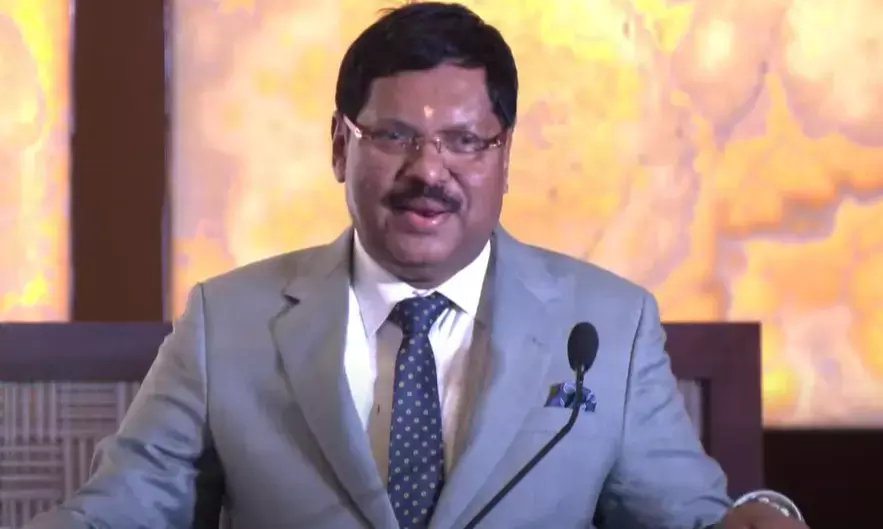Happy to have had opportunities in 2024 to reiterate 'bail is rule, jail is exception' principle: CJI BR Gavai

CJI Gavai also spoke at the Fifth Wisdom for Future Talk Series yesterday at Bhutan.
The Chief Justice of India BR Gavai yesterday delivered the 11th Justice VR Krishna Iyer Memorial Law Lecture on the topic "Role of Justice VR Krishna Iyer in balancing the Fundamental Rights & Directive Principles of State Policy".
In his address delivered at the High Court of Kerala, CJI Gavai remarked that Justice Iyer's principle of 'bail is rule and jail is exception' was somewhat forgotten in the recent past.
Stating that Justice Krishna Iyer strongly believed that under trials should not be kept in jail for long periods without trial, CJI added, "He's well known for breaking new grounds in the Indian judiciary by asserting what was once considered a taboo. Bail is a rule and jail is an exception. I'm happy to state that in the recent past this principle was somewhat forgotten but I had opportunity in the last year 2024 to reiterate this legal principle in the cases of Prabir Purkayastha, Manish Sisodia and Kavitha versus ED.".
Justice Gavai went on to enumerate how Justice Iyer was in favor of granting bail stipulating protective and curative conditions. "He was definitely against imposing onerous conditions relating to securities and sureties as he ruled and I quote heavy bail from poor man is obviously wrong. Poverty is society's melody and sympathy not sternness is the judicial response unquote", CJI added.
Justice Iyer understood that the framers of our constitution envisioned a nation where individual liberties would thrive yet not at the cost of collective welfare and social justice, Justice Gavai noted. He further addressed how Justice Iyer championed the idea that fundamental rights and directive principles are not antagonistic but symbiotic, two sides of the same constitutional coin both essential for the realization of the preamble promise of social economic and political justice.
"Justice Krishna Iyer was a philosopher on the bench, a poet in jurisprudence and a visionary in public life. His judgments were more than legal pronouncements. They were moral compasses infused with compassion, equity and deep constitutional insight. He saw the constitution not as a static legal document but as a dynamic instrument of social transformation. In doing so, he brought a unique blend of legal expertise, social awareness and moral commitment to his rulings, making him a key figure in the evolution of Indian legal thought.", he said,
The lecture threw light on Justice Iyer playing an important role in the era of judicial activism, public interest litigation, affirmative action and a wide-ranging exercises of judicial review.
While concluding his address, CJI Gavai said, "Every time a bench prioritizes substantial justice or technicalities, every time a judgment expands the protective umbrella of fundamental rights for the vulnerable, every time the court exercises its powers to uphold human dignity, and social equality, Justice Krishna Iyer's legacy is not just honored but actually lived.".
